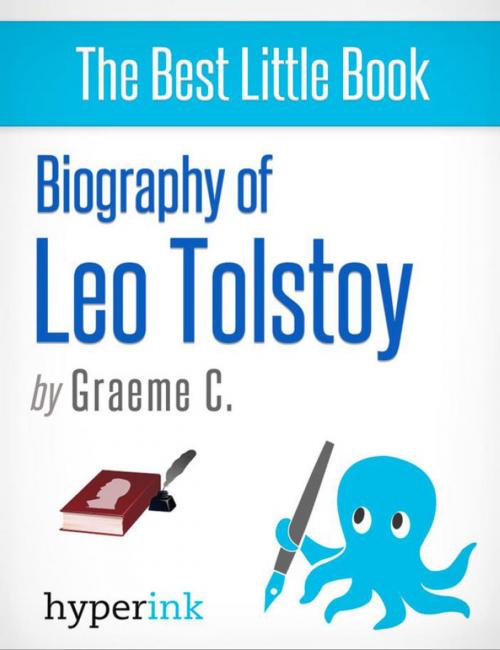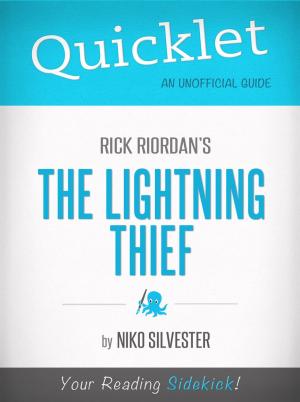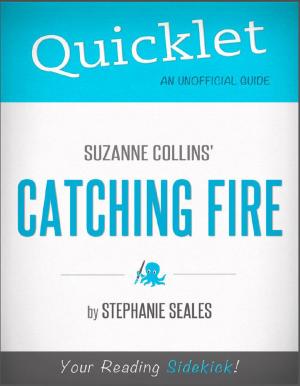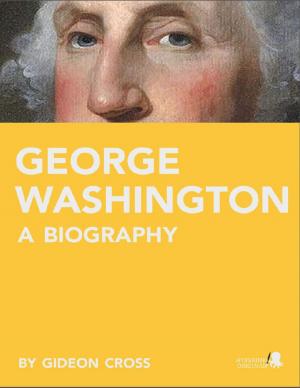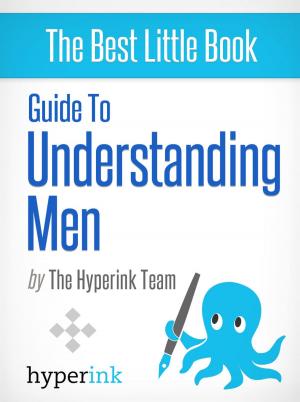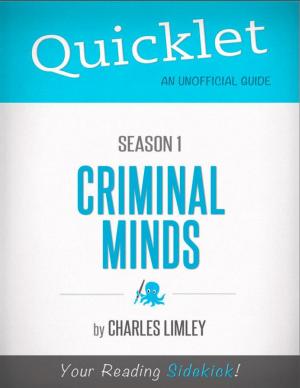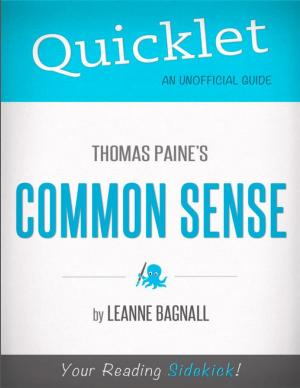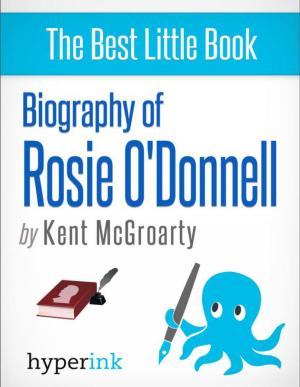| Author: | Greame C. | ISBN: | 9781614647621 |
| Publisher: | Hyperink | Publication: | March 4, 2012 |
| Imprint: | Hyperink | Language: | English |
| Author: | Greame C. |
| ISBN: | 9781614647621 |
| Publisher: | Hyperink |
| Publication: | March 4, 2012 |
| Imprint: | Hyperink |
| Language: | English |
ABOUT THE BOOK
Leo Tolstoy is widely considered to be one of the greatest novelists of the western canon. His major worksWar and Peace and Anna Karenina are frequently cited as among the most important novels ever written due to their unique insight into human nature and to their stylistic brilliance. Tolstoy was a complex man, and a bundle of fascinating contradictions. He was a wealthy aristocrat with a large country estate who sought to renounce personal possessions in favor of a simple life. In his youth, he was a libertine who gambled and killed men in war; in his old age, he became a strict ascetic who denounced personal possessions and taught that violence should be avoided at all costs. A man who, while young, consorted with prostitutes, and fathered a child out of wedlock; a man who later believed that sex outside marriage was wrong, and finally, in his last years, taught that marriage itself was harmful.
Tolstoy's life is almost as interesting as his novels, and the historical context of his life are bound in his work.
War and Peace, a dauntingly long novel by todays standards, contains within itself a comprehensive perspective on the human condition, from the minutiae of everyday life and love to the great sweep of world history. Anna Karenina is as large in scope, but concentrates on internal landscapes and the vistas of the human heart rather than warring nations. Tolstoy's philosophy has had a major impact on the history of the 20th century, from the non-violent resistance of Gandhi, which helped to end British rule in India, to Martin Luther King's non-violent resistance to racial segregation and his fight for civil rights. Tolstoy crafted exemplary 19th century realist fiction and set the stage for proto-modernists like Henry James.
EXCERPT FROM THE BOOK
Following the completion of Anna Karenina Tolstoy became depressed, believing that he was pursuing an egotistical life of fame and wealth-seeking. After reading Arthur Schopenhauers's The World as Will and Representation (first published in 1818), he began to reconsider his world-view, coming to conclusions about the nature of life and how it should be lived that were radically at odds with the Orthodox Church and the Tsarist system. He published a series of works, beginning with "Confessions" in 1879, that articulated his thoughts on way of life. He also created what today would be described as a commune, first at his summer home, and later at Yasnaya Polyana, to which he invited many friends and hangers-on to stay, much to the chagrin of his wife.
Buy a copy to keep reading!
CHAPTER OUTLINE
Biography of Leo Tolstoy
+ Introduction
+ Background and Upbringing
+ Major Accomplishments and Works
+ Religious and Philosophical Writing
+ ...and much more
ABOUT THE BOOK
Leo Tolstoy is widely considered to be one of the greatest novelists of the western canon. His major worksWar and Peace and Anna Karenina are frequently cited as among the most important novels ever written due to their unique insight into human nature and to their stylistic brilliance. Tolstoy was a complex man, and a bundle of fascinating contradictions. He was a wealthy aristocrat with a large country estate who sought to renounce personal possessions in favor of a simple life. In his youth, he was a libertine who gambled and killed men in war; in his old age, he became a strict ascetic who denounced personal possessions and taught that violence should be avoided at all costs. A man who, while young, consorted with prostitutes, and fathered a child out of wedlock; a man who later believed that sex outside marriage was wrong, and finally, in his last years, taught that marriage itself was harmful.
Tolstoy's life is almost as interesting as his novels, and the historical context of his life are bound in his work.
War and Peace, a dauntingly long novel by todays standards, contains within itself a comprehensive perspective on the human condition, from the minutiae of everyday life and love to the great sweep of world history. Anna Karenina is as large in scope, but concentrates on internal landscapes and the vistas of the human heart rather than warring nations. Tolstoy's philosophy has had a major impact on the history of the 20th century, from the non-violent resistance of Gandhi, which helped to end British rule in India, to Martin Luther King's non-violent resistance to racial segregation and his fight for civil rights. Tolstoy crafted exemplary 19th century realist fiction and set the stage for proto-modernists like Henry James.
EXCERPT FROM THE BOOK
Following the completion of Anna Karenina Tolstoy became depressed, believing that he was pursuing an egotistical life of fame and wealth-seeking. After reading Arthur Schopenhauers's The World as Will and Representation (first published in 1818), he began to reconsider his world-view, coming to conclusions about the nature of life and how it should be lived that were radically at odds with the Orthodox Church and the Tsarist system. He published a series of works, beginning with "Confessions" in 1879, that articulated his thoughts on way of life. He also created what today would be described as a commune, first at his summer home, and later at Yasnaya Polyana, to which he invited many friends and hangers-on to stay, much to the chagrin of his wife.
Buy a copy to keep reading!
CHAPTER OUTLINE
Biography of Leo Tolstoy
+ Introduction
+ Background and Upbringing
+ Major Accomplishments and Works
+ Religious and Philosophical Writing
+ ...and much more
